/germany-newborn-kittens-sleeping-on-blanket-close-up-140882478-57d961f43df78c583396727b.jpg) Kitten Development from Newborn to One Week
Kitten Development from Newborn to One WeekAll you need to find a kitten and raise a happy and healthy catNewborn KittensOctober 26, 2017 By Welcome to your complete guide for newborn kittens! Giving you all the information you want to know about your little new friend. Waiting to bring your new kitten home is an exciting moment. You bought everything you need, and you chose the perfect place for your bed. And while you are asking for your time for that magical milestone age when you can bring them home, you will probably wonder how big they are getting and what milestones they are reaching. You might have questions such as "when newborn kittens open your eyes?" and "What do newborn kittens eat?" In this article, we will answer all those questions and more! Newborn baby kittens Let's start at first, with the first minutes of your newborn kitten. Within the uterus, each kitten enjoyed an amniotic sac and a placenta to itself. So the first thing your mother does when they get to the world is to clean them, dry them and eat the placenta. In nature, this would hide any evidence of birth and protect your kittens from predators. Your kitten will normally be one of four to six brothers in your bed, but they could have as many as eight brothers and sisters! During the birth of your kitten and immediately after, your breeder will remain close and watch closely any sign that the mother or one of her kittens is fighting. But all right, nature has provided the queen with all the instincts she needs to manage the birth and start taking care of her kittens. Newborn baby cats – the first week In their first week newborn kittens are blind, deaf, unable to generate their own body heat, and can only drag a few inches at a time. Their only survival skill is a sense of smell that leads them to Mom's tits – in fact, before a long time they will even have a favorite nipple that can identify by the smell alone! Once there, newborn cats do little more in their first days than eating, sleeping and pooping. Your umbilical cord will dry out of your own accord, and usually falls on day three or four. At the end of your first week, your breeder should have arranged for you to have your first veterinarian check to make sure you are all as healthy as possible. How big are newborn kittens? Newborn kittens usually weigh between 3.2oz and 3.8oz (90g – 110g); where they fall within that range is partially determined by the size of race and bunk. To give you a sense of scale, it is the same kind of weight of a lime. And as you can imagine, that size would easily fit into the palm of your hand (but more in manipulation of newborn kittens later). Newborn kitten weight It is clear that newborn kittens have a serious growth to do, and don't hold on! Kittens should earn approximately 4 oz (115g) a week after birth, so that they double their birth weight for two weeks and tip the scales to 1lb (450g) at the time they are one month old. From then on, they must continue to gain weight at approximately one pound per month. When do newborn kittens open their eyes? As your kitten grows, they will reach a series of development milestones. And one of the first is when those newborn kitten eyes open for the first time. Just because kittens are born with their eyes closed, doesn't mean they're doing anything. The complex neurological pathways that will transmit messages between the eyes and the brain are being completed, and the blinking reaction (e.g. bright light) has been present since birth. Your eyes will finally be ready to open when they are about seven to ten days old, but your vision will be very blurred at the beginning, because the cornea, lens and vitreus within your eye are still slightly clouded. These will be clarified by the time your kitten is one month old, and by the time they are six weeks old both eyes will work together to give a high quality depth perception. Color change kitten eye All kittens are born with blue eyes, and yours will not be an exception. What can be a surprise if you fell through the green or amber eyes of your parents! But don't worry, kitty eyes change early in life. You can see its final, permanent color of the eyes for when they are eight weeks old. New Kitten Sounds Kittens learn early about how to use specific screams and sounds to communicate what they want and need. In the first week, kittens will mock telling their mother when they are hungry, cold or lonely. They will also give you if you smell something unknown (like a human hand) in the nest! Best of all, kittens begin to purge within a day or two of birth. New kitten sounds – How much can newborn kittens hear? Kittens are born deaf because the physical structures of the ear have not yet developed. But even though they are incomplete, the ears of a newborn kitten can change and move from birth, either spontaneously, or in response to a ticking touch. As your kitten grows, they will gain control over the movement of their ears and use them to send important messages about how they feel, as well as to listen with. It takes about a month after birth to make the outer ear take its final form, but the ear canal will be ready long before – within about twelve days or so. And as their ears mature, their kitten will begin to have more and more sense of the sounds that surround them At seven days, your kitten will begin to look at the sound of other animals, and by 25 days will be able to distinguish different animal sounds as well. By the time they're a month old, their hearing will be comparable to that of an adult cat. Newborn kittens With a little luck, the mother of your kitten will instinctively know how to take care of newborn kittens without any intervention. Like humans, mother cats produce collostrum for their kittens first, and milk matures a little later. Collostrum is a vital source of nutrients for early growth, and antibodies to lay the foundations of your kitten's immune system. If a kitten cannot receive collostrum from your mother, some veterinarians offer adult cat serum injections, which works as an alternative method to transfer antibodies. Your breeder will tell you if your kitten needed some extra care of them in their early days. Taking care of newborn kittens In addition to feeding them, your kitten's mother will also make sure that her bed stays near her at all times. This is vitally important to keep them warm. Cats, like all mammals, maintain their body temperature by metabolizing fats and sugars. When we cool down, the mechanisms like the grinder re-enlarge our temperature. These functions are still developing in newborn kittens, so if you're lucky to visit yours very early, you'll probably discover the room with your nest box stays much warmer than the rest of the house! There could also be a humidifer running to protect the delicate lungs from kittens and protect against dehydration. How often do newborn kittens eat? Newborn kittens need to feed every two to three hours around the clock – up to 10 times in a 24-hour period. In fact in their first two days they can feed each hour! During the first three weeks of her life, the mother of her kitten will start the lying feeding next to her and guide her kittens to a nipple. After three weeks, the tables start to spin, and the kittens will look for Mom when they're hungry. About three weeks old, the first teeth of your kitten will begin to pass, and they will be ready to start weaning. Mom's nurses will continue for up to five weeks, but mother cats have a reputation for being pretty rough when it comes to moving their nursing kittens! How much milk does a newborn kitten need? Your kitten's mother will produce all the milk they need during the first few weeks of her life. But if she has problems with the supply, for example because she has had a large bed, milk substitutes are available. Your breeder's veterinarian will help you plan a feeding schedule for your kitten. What to feed newborn kittens Your kitten will be ready for your first solid food taste between three to four weeks old. Its first meals will usually be the same high quality wet food that will later eat, softened with milk substitute kitten. How often do newborn kittens fall? If you've ever raised a baby something, you'll know what it's like to be obsessed with their bowel movements. Making the right type of caca in the right frequency is one of the first reassuring signs that your kitten is healthy. Since newborn baby kittens are unable to do a lot independently, you will not be surprised to hear that passing urine and poop is something else with what Mom needs help at first. The mother of her kitten will stimulate them to pass the urine and the poop before and after each food, licking the area around its bottom. Between the three and four weeks, they'll finally gain enough nerve control to get rid of and poo without help. Development of newborn kittens The first days of your kitten's life could be all about eating, pooping and keeping the heat, but it's not long before another important skill starts to develop: play! Your newborn cat will start playing with her bedmates when they are between ten and fifteen days old. If you're lucky, your breeder could take a video of them chasing, rolling and hugging around the fourth week, and by the time they're six weeks old they'll be deported as a professional. All this action helps them to be more physically coordinated as well. At 45 days of age, your kitten will stand and walk confidently, and at 75 days it will have enough balance to walk along a narrow table without falling (and if they do, their right reaction in the middle air has been filling with mature for several weeks now). Can you play newborn kittens? It's hard to keep your hands out of something so small and soft, but when can you have newborn kittens? Touching or handling newborn cats should keep to a minimum in the first two weeks. Collecting them often and unnecessarily could alter their mother, and even make her reject them. However, from the third week, very smooth handling becomes an important part of the socialization of your kitten. Newborn kitten development – The socialization windowBetween two weeks and eight weeks, your kitten passes through a rapid period of behavioral development. The encounters they have now will shape how they respond to new experiences in the future, and what kind of pet will be like adults. It is now an important moment to familiarize them with domestic noises such as vacuuming, getting used to traveling in the car, and introducing them to other people and friendly animals. When a kitten has many safe and positive presentations in the socialization window, they will be more confident and relaxed about new encounters in the future. But as it happens before you bring them home, you won't be able to have a lot of entry into it yourself. A good breeder will spend a long time socializing your kittens, for their benefit and yours. This is one of the many reasons you should always take your time finding a great breeder, and never use kitten farms. What to do with newborn kittens – Getting ready to go home Between six and seven weeks, your kitten is ready to start spending short periods away from your mother. They will be in nursing for shorter periods, until they are completely weaned about eight weeks – as soon as they must be taken home. Separate kittens from your mother too soon are more likely to be anxious and aggressive as adults, and may retain youthful behaviors such as kneading and sucking. Your breeder will be able to tell you when the behavioral development of your kitten is complete enough for them to come home with you. Healthy female kittens can be safely spaced from as early as six weeks, or once they reach 2 pounds, but some veterinarians still prefer to wait until they are four months old – the "traditional" time to do so. If you are receiving your kitten from a rescue shelter, you may not be able to bring your home until you have been spit. For example, in California, it is illegal for shelters and rescue groups to let a kitten leave until it has been spaced. Kittens are ready for their first vaccines at 8 weeks. If your collection around this time, make sure you know what vaccines you have already had, and collect the certificates for them. Newborn kittens Thinking about cute newborn kittens is very fun. Newborn cats are much less physically developed than human babies, and the first three months of their life is a period of rapid capture. Between birth and return home, your eyes will open, your hearing will mature, will learn to walk and play, and will move from a milk-only diet to pre-prepared kitty food. Many of the milestones they reach happen in predictable times, and their breeder will be able to keep them up to date with their progress while preparing to return home. Do you have experience taking care of newborn kittens? Did your cat have a litre of kittens at home? What memories of that time really stand out for you? Please share your stories in the comment section so we can all swear on them. References Your amazing cat! We're so excited to share our new book with you! If you have enjoyed your visit to the Happy Cat site, we believe you will love the Happy Cat Manual. Written by the founders of this website, including the author of the happy handbook, is full of cat care information and fascinating cat facts. Take your copy today! Free updates for cat lovers! Our cat cares for items, tips and fun facts, delivered to your inbox Emma says that Hiya fortunately our neighbor has separated her (what we thought was a cat drawn) kittens and we have three of them and only have more than 4 weeks of age and she has the other three, we didn't know this at the moment but we cried for her mother so we have to keep trying to get the mother in the food but now because of the stupid woman we mota eat them What should I do? Do we separate them when we feed? We haven't stopped arguing about this. Leah Robinson says hi. I'm a new kitty mom. As in I have 2 cats, two Guinea pigs, two dogs and now a new kitten. He rescued him from our roof at 2 or 3 days old. It's been five days we've had it. My shih tzu has never had a bunk but treats it like his own baby. I've got everything I hope you need here. I'm so stressed and scared that something's still wrong with the smallest thing I'm ready to rush to the vet. He's gaining weight. The umbilical cord is gone. I'm giving him lunch and helping the potty. His piss was a little brown the last time he peed. The first brown was darker than the second today. I hope it's a random thing. B iui t while the night goes on I will continue to pay a lot of attention and if he does not change he will go to the veterinarian tomorrow. I'm so stressed out acquitted all the time for him. Keep us in your thoughts and prayers Advice received LeahLeave a Reply Your email address will not be published. Required fields are marked *Comment Name * Email * Website Save my name, email and website in this browser for the next time you comment. Recent Posts What does it mean when a cat's whistles are... Flame point Siamese cats have a cream base... What does it mean when a cat head back... What does it mean when a cat is bent?
Accessibility Links Search results Web results How to determine the age of a kitten LadyNewborn Kittens - A complete guide to your care and ...Learn how baby kittens grow: 0-8 weeks! - YouTubeGuide to Raising Underage Kittens - University of Wisconsin ...Care of newborn kittens ← Kitten advised Silence Cats ProtectionRescuing Newborn Kittens - YouTube

What to Expect With Newborn Kittens | LoveToKnow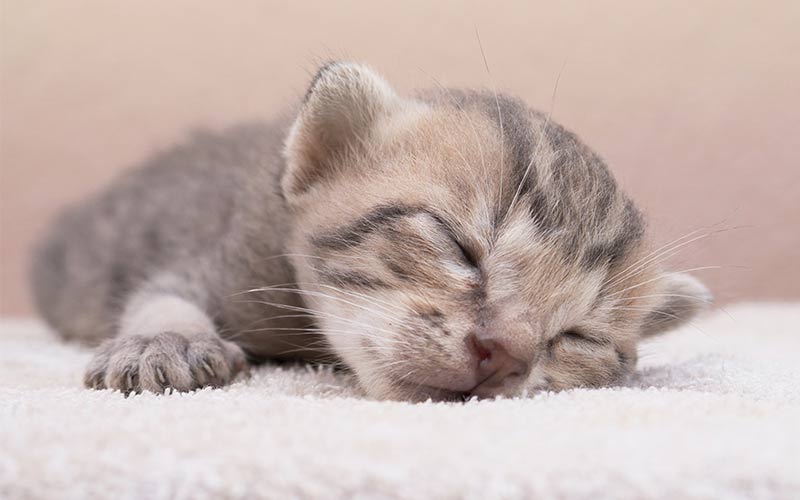
Newborn Kittens - A Complete Guide To Their Care And Development
How to Determine a Kitten's Age — Kitten Lady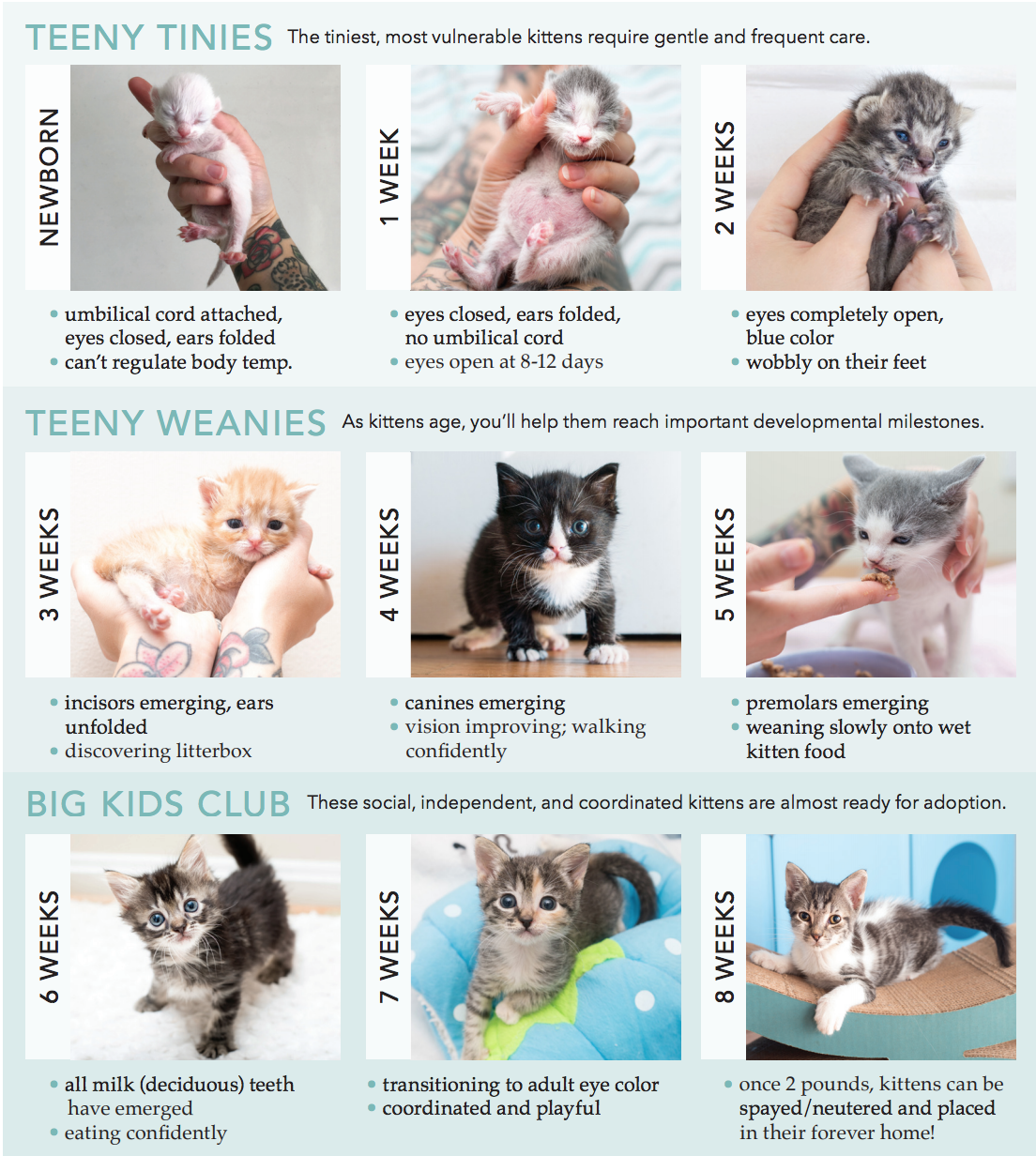
How to Determine a Kitten's Age — Kitten Lady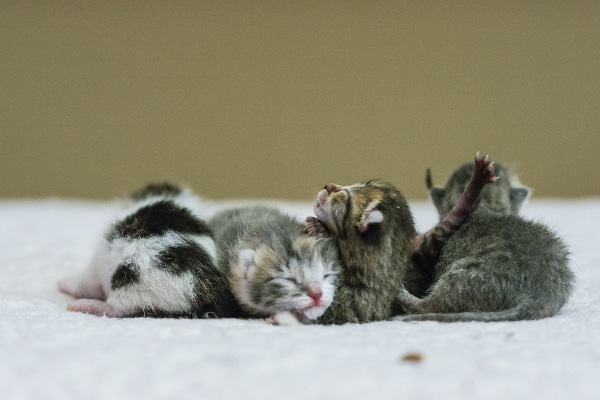
What You Need to Know About Newborn Kitten Care - Catster
When Do Kittens Start Pooping? | PetCoach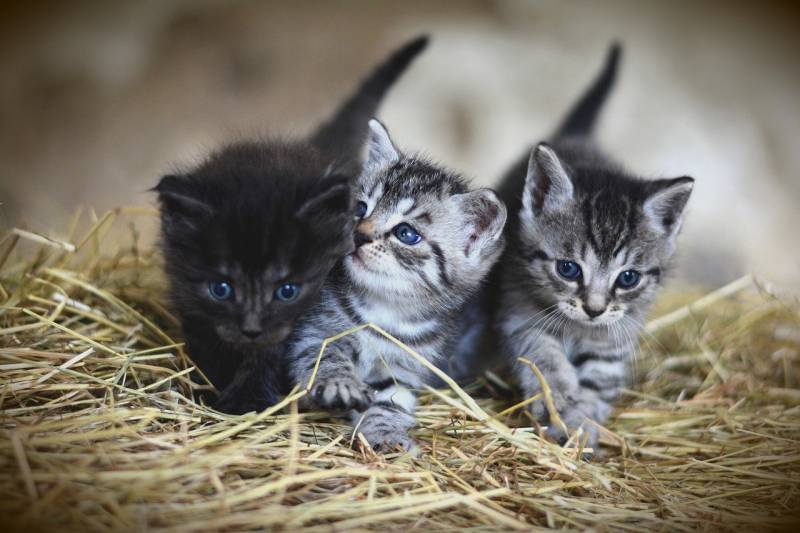
How Long Can Newborn Kittens Survive Without Their Mother? | All About Pets
Weekly Kitten Development Timeline | Hill's Pet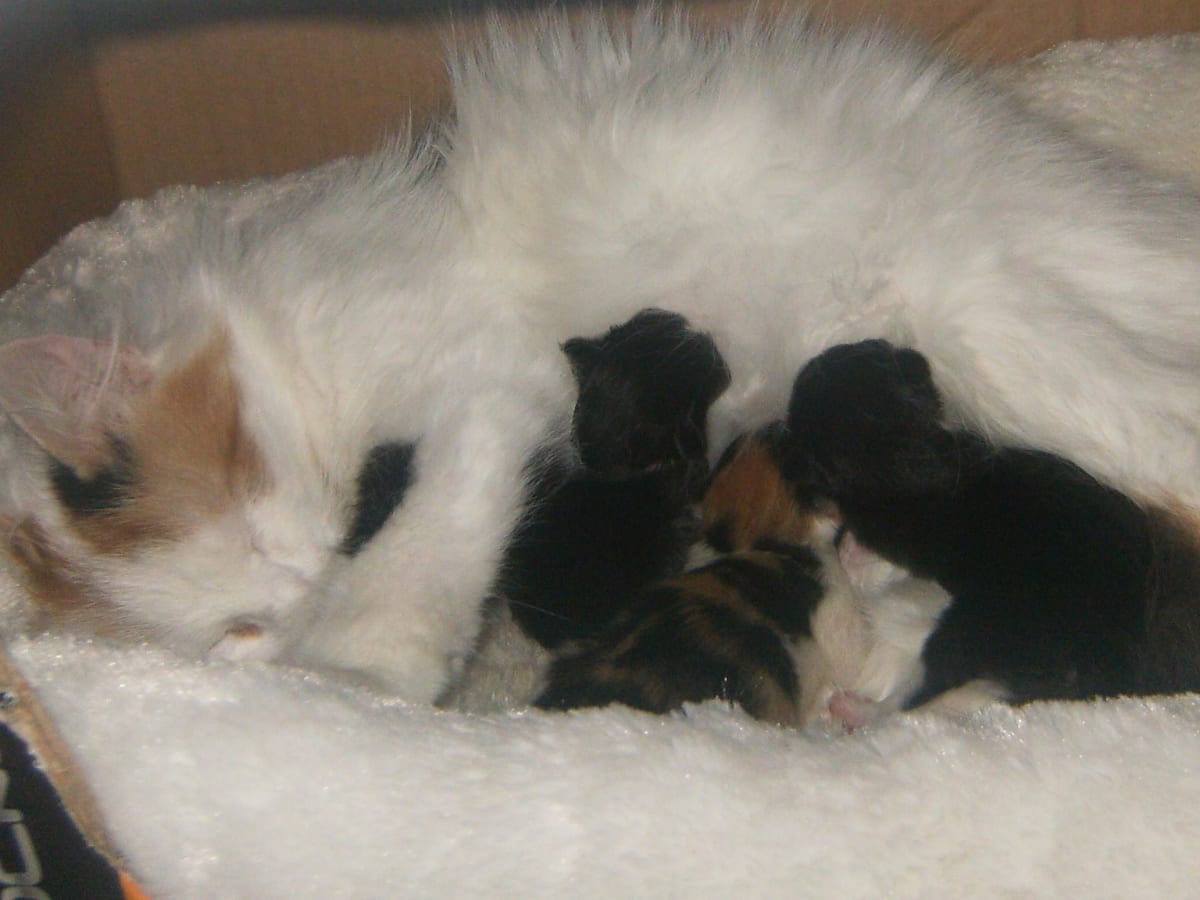
Newborn Kittens: What You Need to Know - PetHelpful - By fellow animal lovers and experts
Rescuing Newborn Kittens - YouTube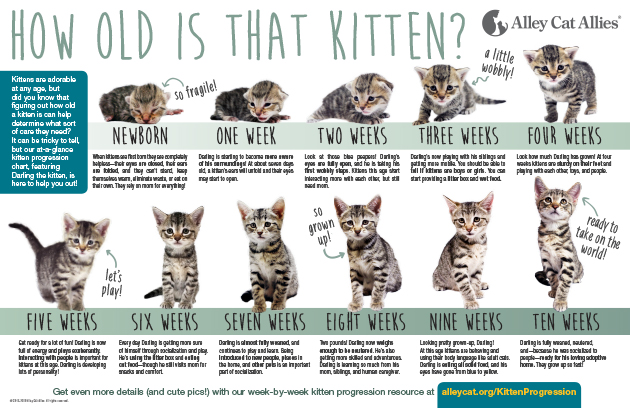
Newborn Kitten Progression & Cat Age Chart with Pictures | Alley Cat Allies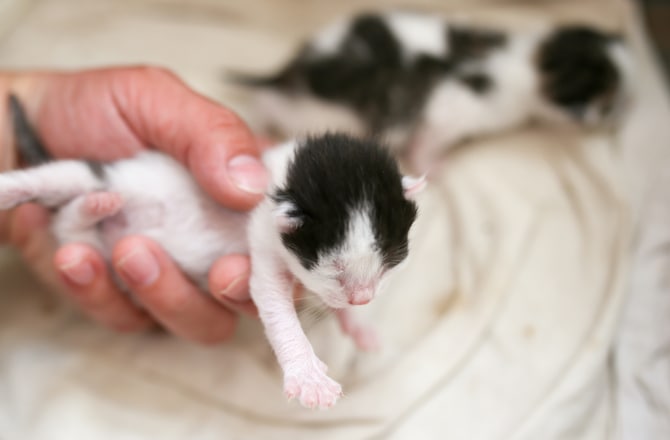
10 Interesting Facts About Newborn Kittens | PetMD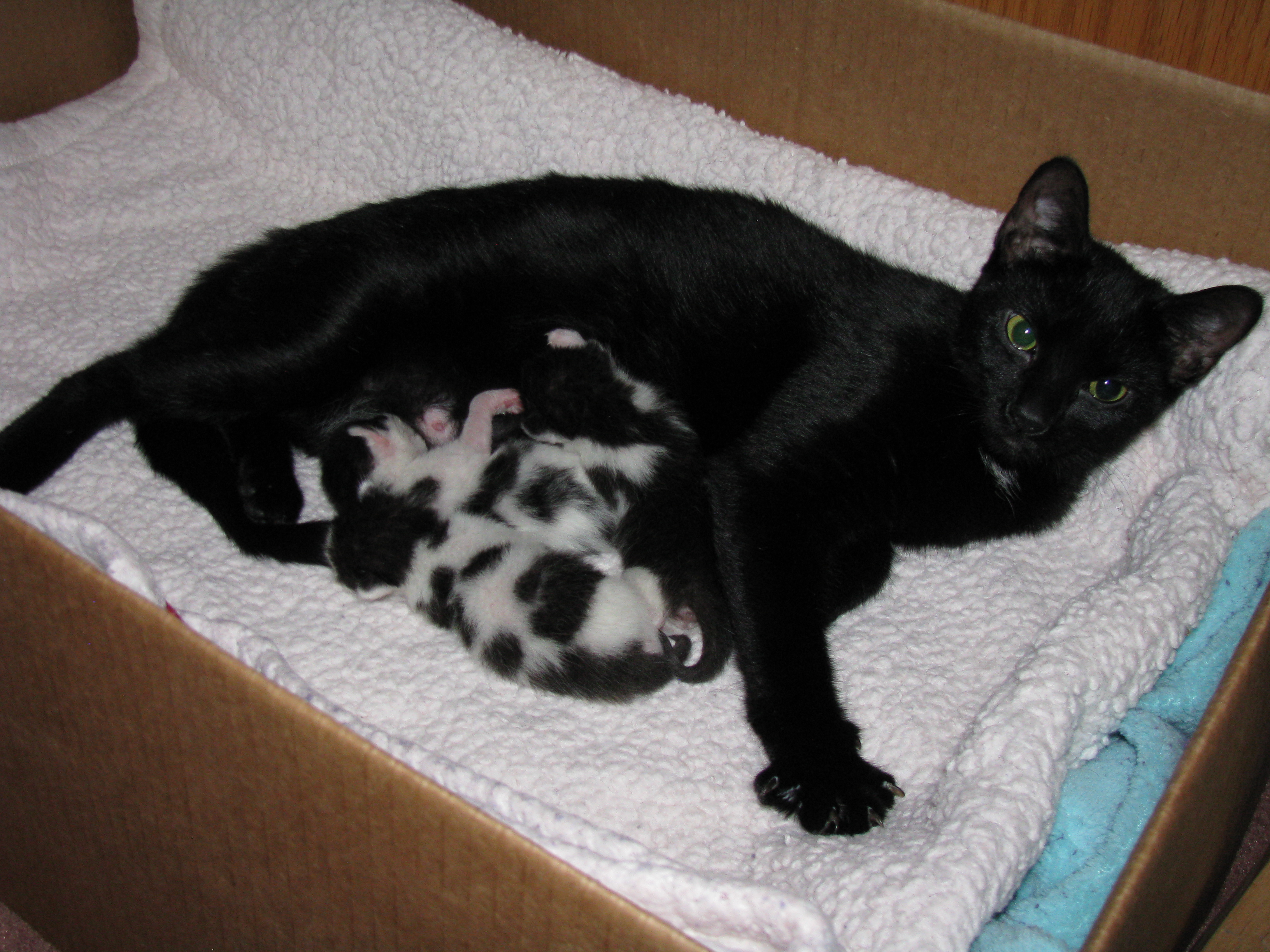
SC Pound Policy: Take Newborn Kittens Away from Nursing Mothers and Kill Them | YesBiscuit!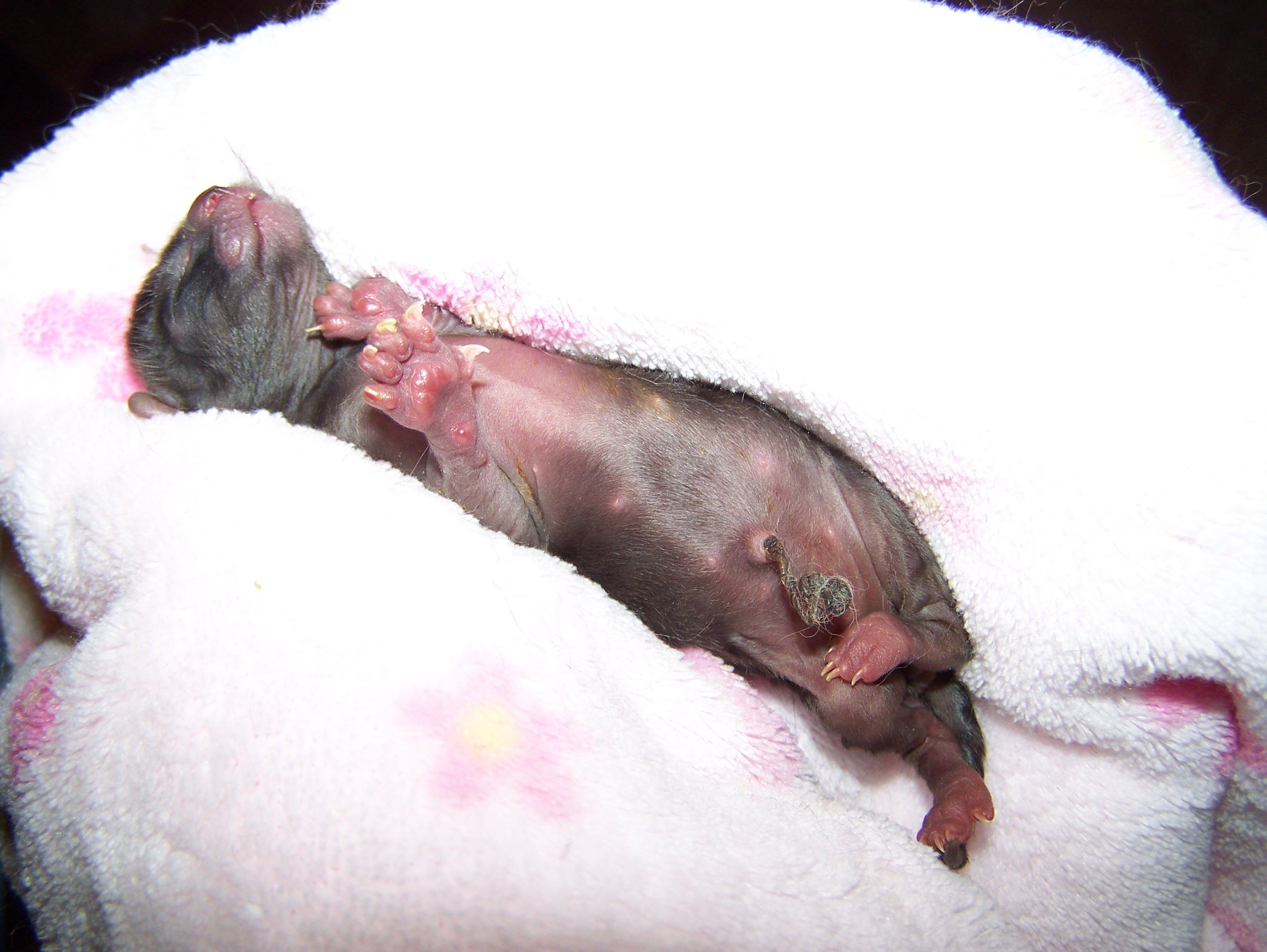
File:Newborn Kitten.jpg - Wikimedia Commons/GettyImages-669104280-59b45181b501e80014af40bc.jpg)
Raising Newborn Kittens
Animal Hospital at Thorndale, INC.Newborn Kitten Care -
How to take care of newborn kittens — K&H Pet Products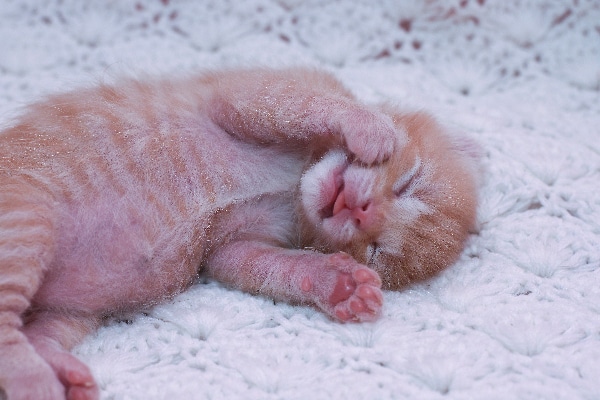
What You Need to Know About Newborn Kitten Care - Catster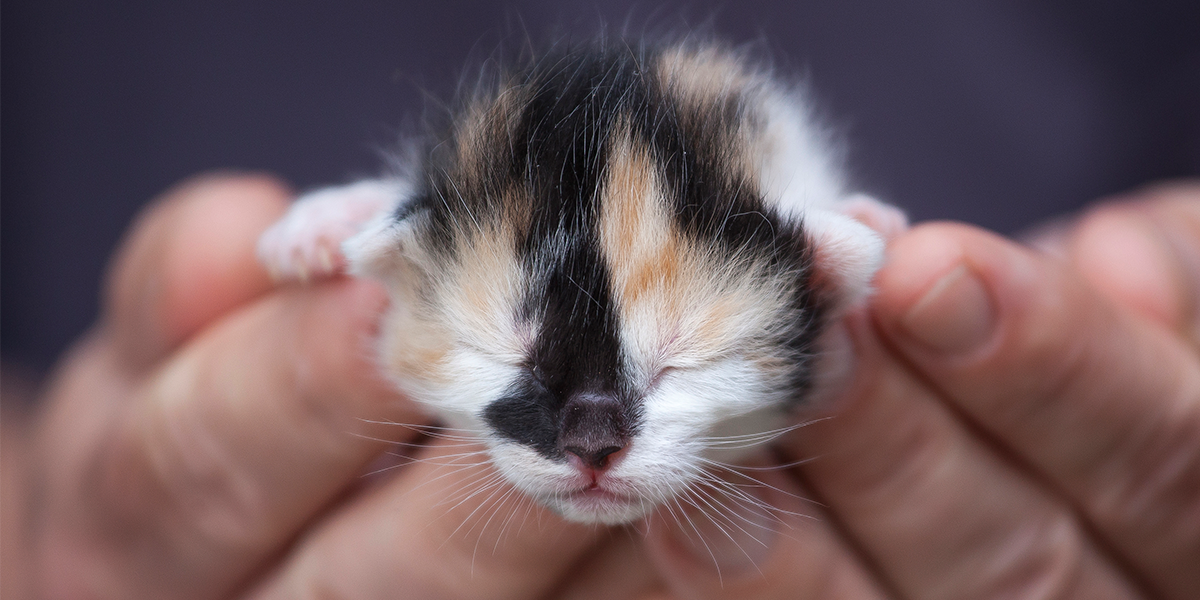
Kitten deaths (Fading Kittens) | International Cat Care
How to Move Newborn Kittens: 8 Steps (with Pictures) - wikiHow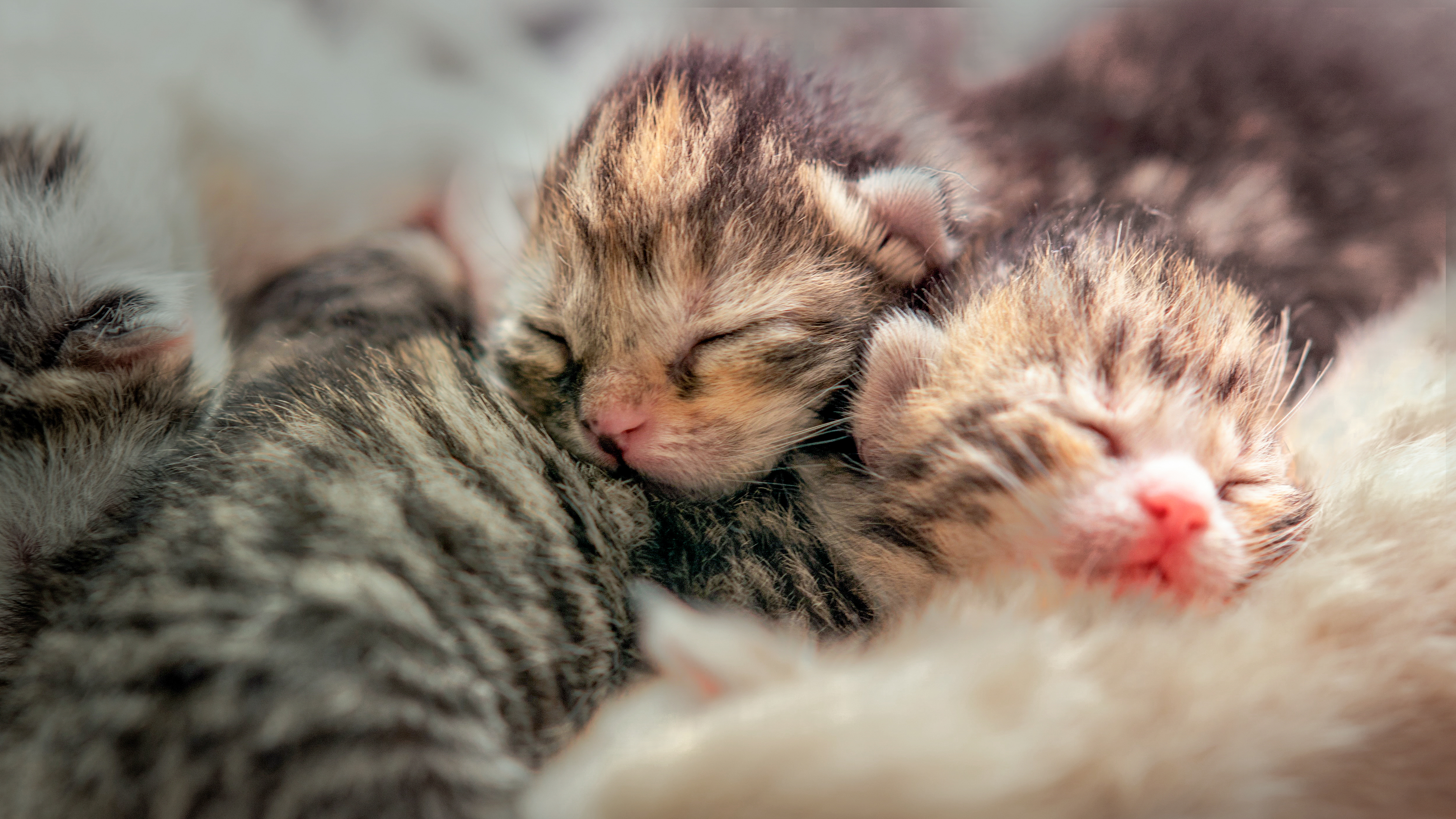
Kitten development from birth to adulthood - Royal Canin:max_bytes(150000):strip_icc()/Newborn-kittens-GettyImages-140882504-588224b65f9b58bdb35813e9.jpg)
Kitten Development in the First Six Weeks of Life
What to Do (and NOT Do) If You Find a Newborn Kitten
Baby Kitten Dreaming | Newborn Kittens Who Have Lost Their Mother - YouTube
Help! Newborn Kitten With Large Hernia | TheCatSite
When Can You Handle Newborn Kittens? | LoveToKnow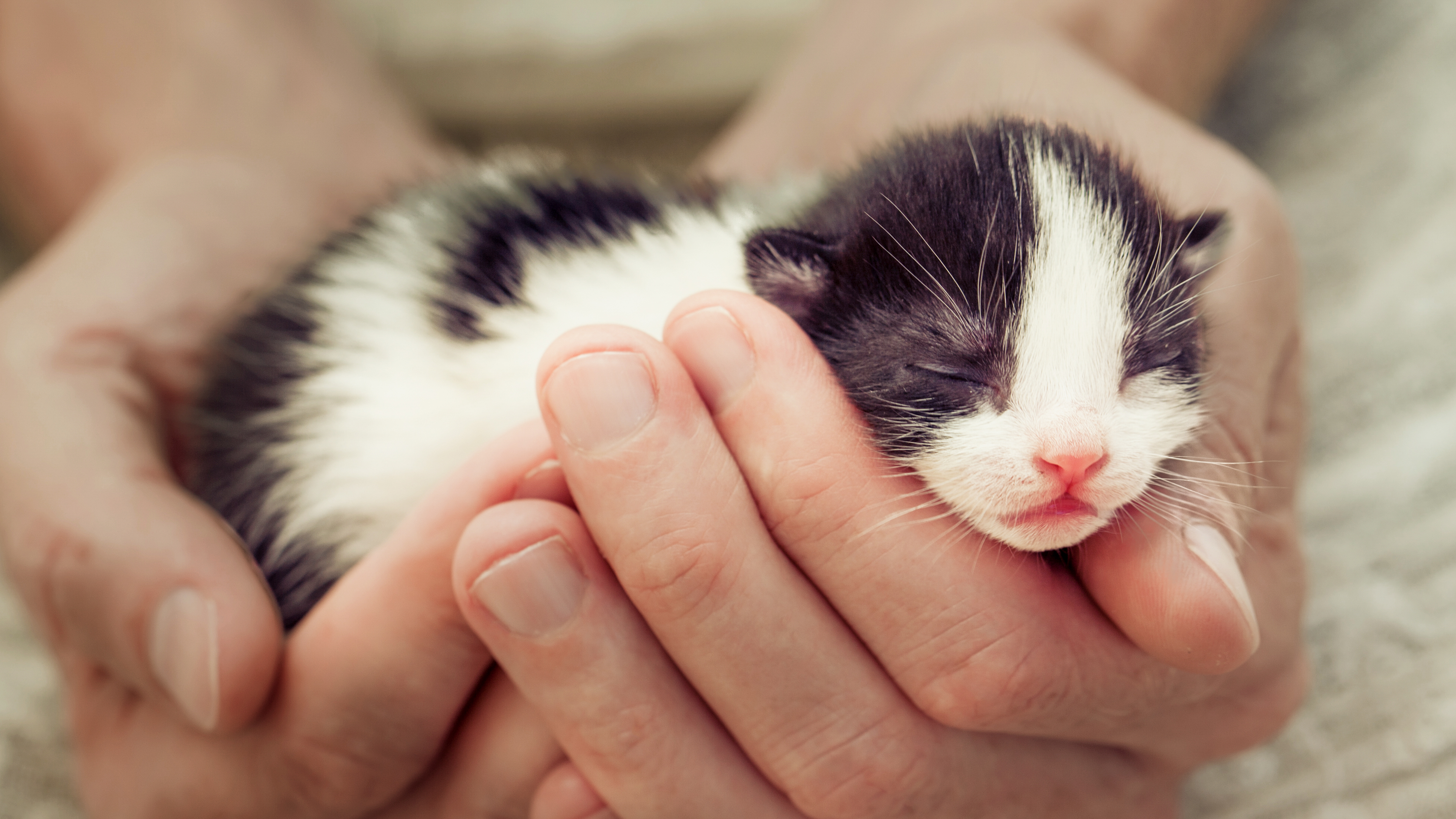
Kitten development from birth to adulthood - Royal Canin
Newborn Kitten Progression & Cat Age Chart with Pictures | Alley Cat Allies
8 Surprising Facts About Newborn Kittens
How to Determine a Kitten's Age — Kitten Lady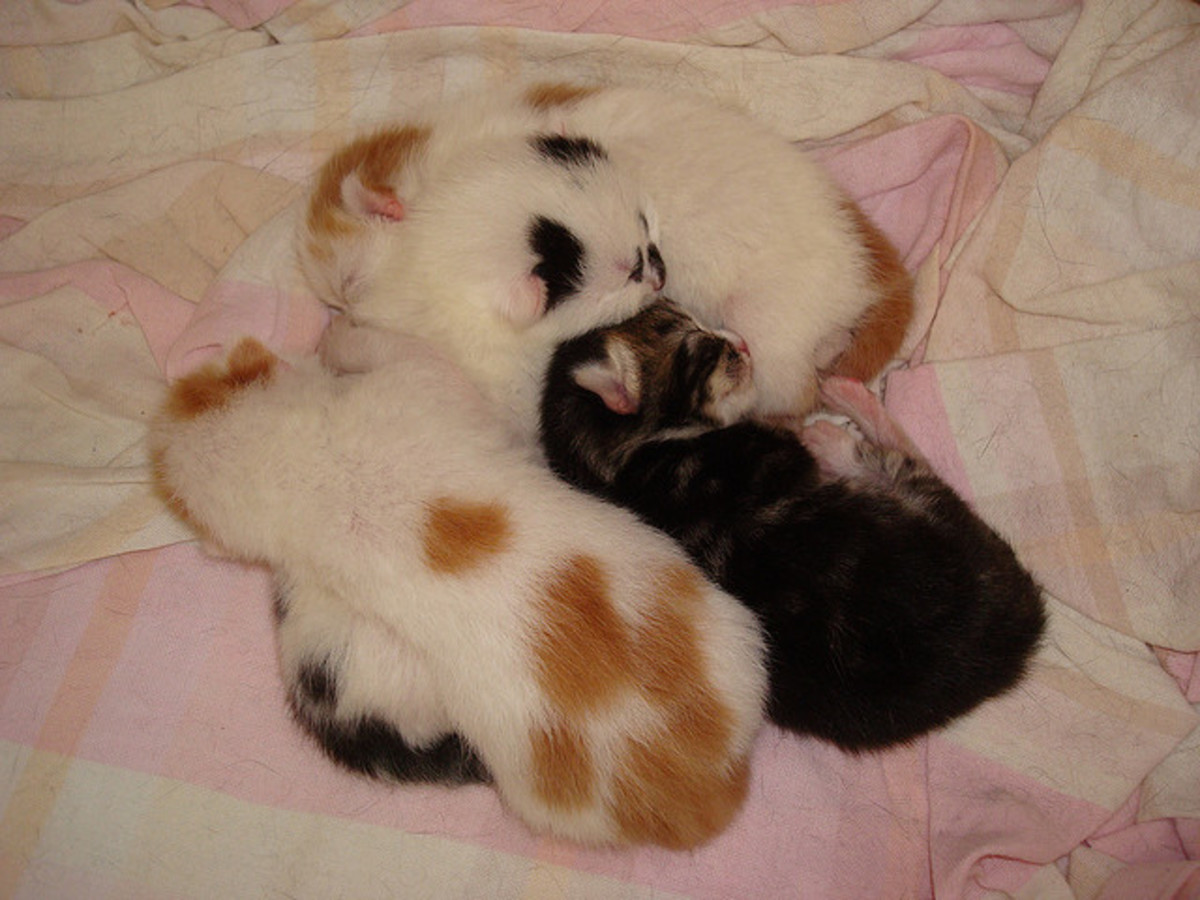
How to Take Care of Newborn Kittens: Week by Week - PetHelpful - By fellow animal lovers and experts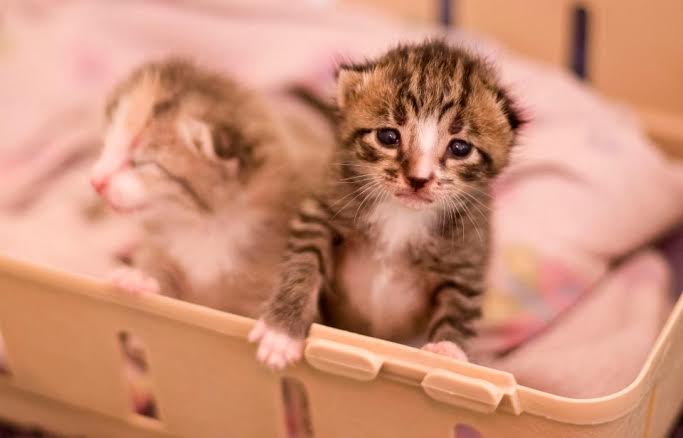
10 Crucial Steps to take to Save an Abandoned Newborn Kitten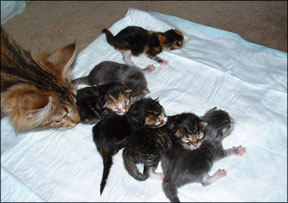
Mothering Myths & Truths - Catwatch Newsletter
How Many Times a Day Should a Kitten Eat, and How Much? | PetCoach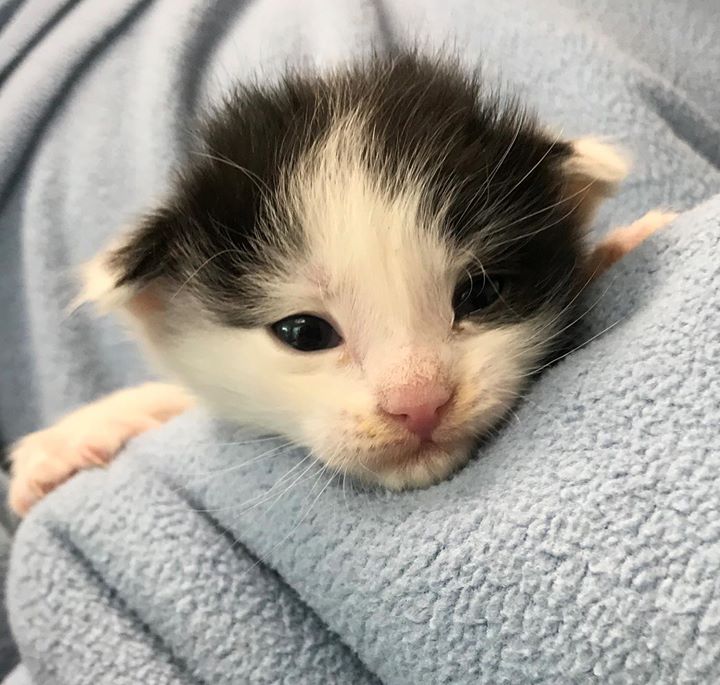
Kitsap Humane Society | Newborn Kitten Alert!
Just born!!! | Newborn kittens, Cute baby animals, Kittens cutest
Important Tips for Feeding Newborn Kittens | LoveToKnow
File:A newborn kitten.jpg - Wikimedia Commons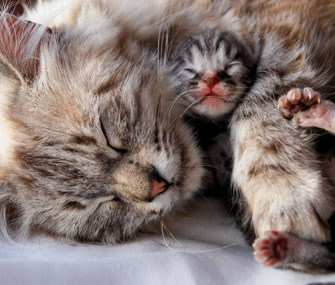
Your Kitten: What to Expect at 0 to 7 Weeks
How to Monitor Newborn Kitten Growth: 12 Steps (with Pictures)
/germany-newborn-kittens-sleeping-on-blanket-close-up-140882478-57d961f43df78c583396727b.jpg) Kitten Development from Newborn to One Week
Kitten Development from Newborn to One Week













/GettyImages-669104280-59b45181b501e80014af40bc.jpg)






:max_bytes(150000):strip_icc()/Newborn-kittens-GettyImages-140882504-588224b65f9b58bdb35813e9.jpg)
















Posting Komentar untuk "how big are newborn kittens"